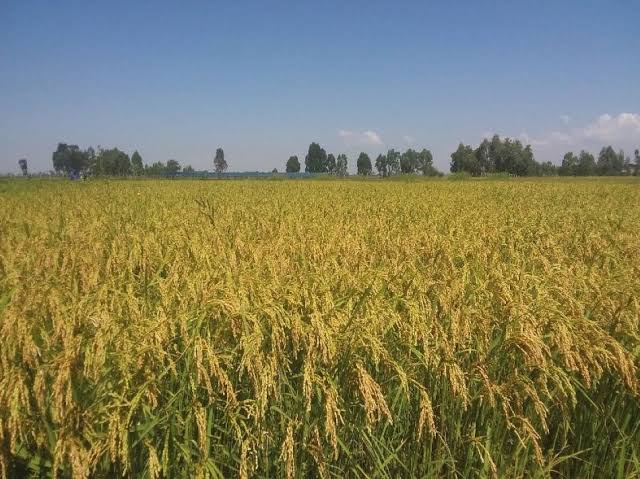
Ethiopia has announced plans to expand its agricultural transformation strategy by replicating the country’s recent success in wheat production across other major crops, including maize, rice, oilseeds, and horticulture.
The move follows a national campaign that saw Ethiopia achieve wheat self-sufficiency through large-scale irrigation, improved seed varieties, and government-backed mechanization. Officials now say the same model will be applied to accelerate production in other sectors critical to food security and export growth.
Agriculture Minister Girma Amente said the government is focused on modernizing farming practices and scaling up irrigation systems in key growing regions. “Our wheat initiative has proven that Ethiopia can transform from a food-importing nation to a self-reliant producer,” he stated. “We are now turning that success into a blueprint for other strategic crops.”
The next phase of Ethiopia’s agricultural development will prioritize climate-resilient crops, mechanized farming, and private-sector investment. Regions with strong agro-ecological potential are being mapped for intensive crop diversification projects.
Already, pilot programs for rice and maize expansion have been launched in Amhara, Oromia, and SNNP regions, with plans to introduce commercial farming clusters supported by local cooperatives and agri-tech services.
Farmers who participated in the wheat campaign say they’ve seen significant improvements in yield, income, and market access. Many are optimistic about the new crop diversification strategy, which they believe will stabilize rural economies and reduce dependency on seasonal rainfall.
The government has also committed to strengthening agricultural extension services, subsidizing inputs, and improving rural infrastructure to support the nationwide rollout.
Analysts say Ethiopia’s bold push to transform its agriculture sector could position it as a regional food powerhouse, provided the reforms are sustained and inclusive.
As the nation gears up for the upcoming planting season, authorities are urging all stakeholders including farmers, researchers, and agribusinesses to embrace the broader crop diversification agenda to secure long-term food security and economic resilience.

